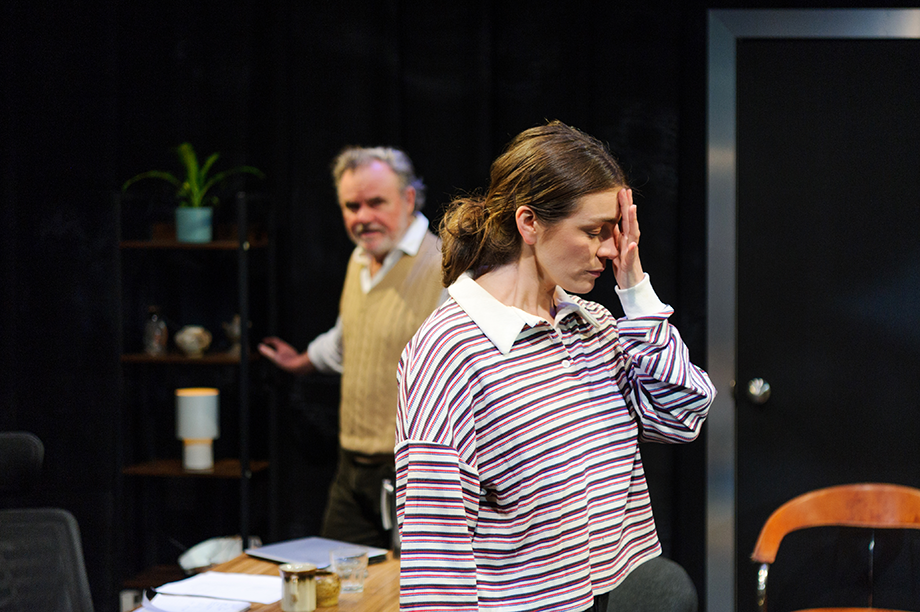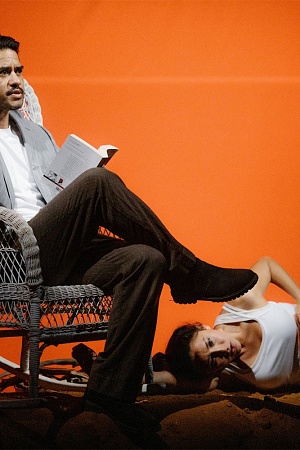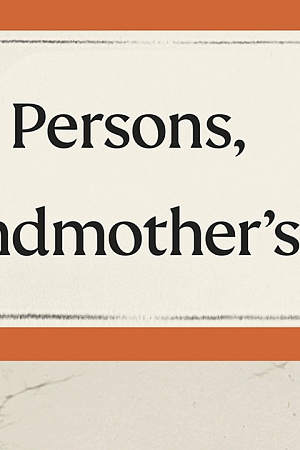Job

In her classic work of speculative fiction ‘The Ones Who Walk Away from Omelas’ (1973), Ursula Le Guin forces us to ask what – or who – we are prepared to sacrifice in order to build our utopias. Le Guin describes Omelas as a place of great beauty and happiness. A place that is joyous and ordered, that needs no kings. The people of Omelas are ‘mature, intelligent, passionate’, and there is no grief or misery in their lives. Crucially, Le Guin invites her readers to contribute to the imagining of this utopia, thereby implicating us in the substantial cost of building and maintaining it. As the story reveals, the bliss of Omelas is founded on the suffering of a starved and neglected child locked in a ‘foul-smelling’ underground closet. The child begs and screams, ‘Please let me out. I will be good!’
American playwright Max Wolf Friedlich introduces a comparable ethical dilemma in Job. Jane (Jessica Clarke) is on enforced leave from her position in ‘User Care’ with a San Francisco tech behemoth. Footage of her standing on a desk and screaming has gone viral, and she needs clearance from a company-appointed therapist, Loyd (Darren Gilshenan), before she is allowed to return to work. Jane is desperate to be given the okay, but Loyd, who has just managed to persuade Jane to put away the gun she has been holding to his head, is more than a little reluctant.
Continue reading for only $10 per month. Subscribe and gain full access to Australian Book Review. Already a subscriber? Sign in. If you need assistance, feel free to contact us.








